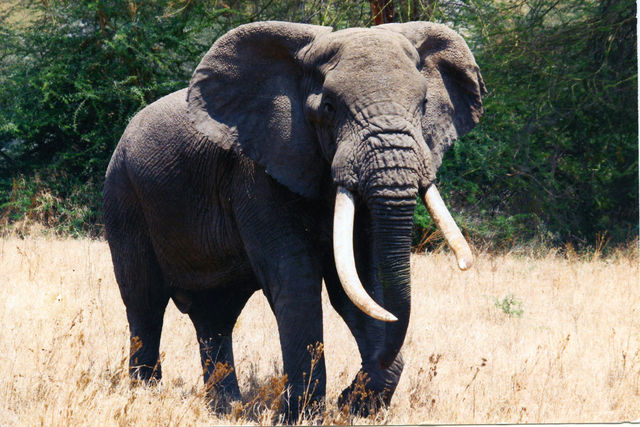It is an intricately complex and finely balanced web in which we all live; the loss of species and diversity affects the entire ecosystem, sometimes felt immediately, and often in more subtle ways over time. The documentary “Racing Extinction” ultimately
It is an intricately complex and finely balanced web in which we all live; the loss of species and diversity affects the entire ecosystem, sometimes felt immediately, and often in more subtle ways over time.
The documentary “Racing Extinction” ultimately addresses the extinction of man along with the extinction of species who have been on the planet for millions of years.
“Racing Extinction” was created and funded by the Oceanic Preservation Society and exposes international wildlife trade as well as the impact of climate change on the animal kingdom.
From the Academy Award winning filmmakers of “The Cove,” undercover activists travel around the globe showing the impact of human activities analogous to the massive asteroid that caused the 5th and latest extinction on earth.
It examines the destruction to the oceans’ reefs and lends an understanding to our dependence on the delicate balance of the ocean, which supplies half the oxygen we breathe.
The movie begins and ends with the song of the Kauai O‘o bird. Early in the movie the male O‘o is singing its melodious mating song, calling out for a partner. There is no response as he is the last of his kind; another instrument goes silent in the symphony of planet earth.
“Racing Extinction” and takes a critical look at industrial agriculture and the meat industry. Industrial agriculture is heavily dependent on fossil fuel for its chemical fertilizers, pesticides and herbicides, operation of equipment, and transportation of products. Soils are depleted to the point that they are no longer effective in sequestering carbon.
Residue from these practices pollutes air and waterways and causes further damage to ocean reefs with run-off. With a cattle population of over 1.5 billion, and large amounts of methane emitted constantly, the movie states that the livestock industry is responsible for more greenhouse gases than all global transportation (cars, trucks, trains, ships, planes) combined.
Industrial food systems displace indigenous people and local food systems, as well as wildlife, in their insatiable need for land and water and other resources.
The theme song of the film is based on the Japanese quote, “It’s better to light one candle than curse the darkness,” as the movie carries a message of hope.
It will be our love and respect for life that changes the course to create a more just and livable world for all.
“Racing Extinction” will be showing 5:30 p.m. Monday at Chiefess Kamakahelei Middle School in Puhi. Doors open at 5 p.m. There is no charge. The evening is being sponsored by Apollo Kauai and Malama Kauai.
Apollo Kauai is a grass roots environmental group formed 11 years ago to promote energy efficiency and conservation, advocate for clean, environmentally and socially responsible alternatives to fossil fuels in a response to climate change.
Malama Kauai is a community-based organization that focuses on advocating, educating, and driving action toward a sustainable Kauai.
•••
Laurel Brier is co-chair of Apollo Kauai.


